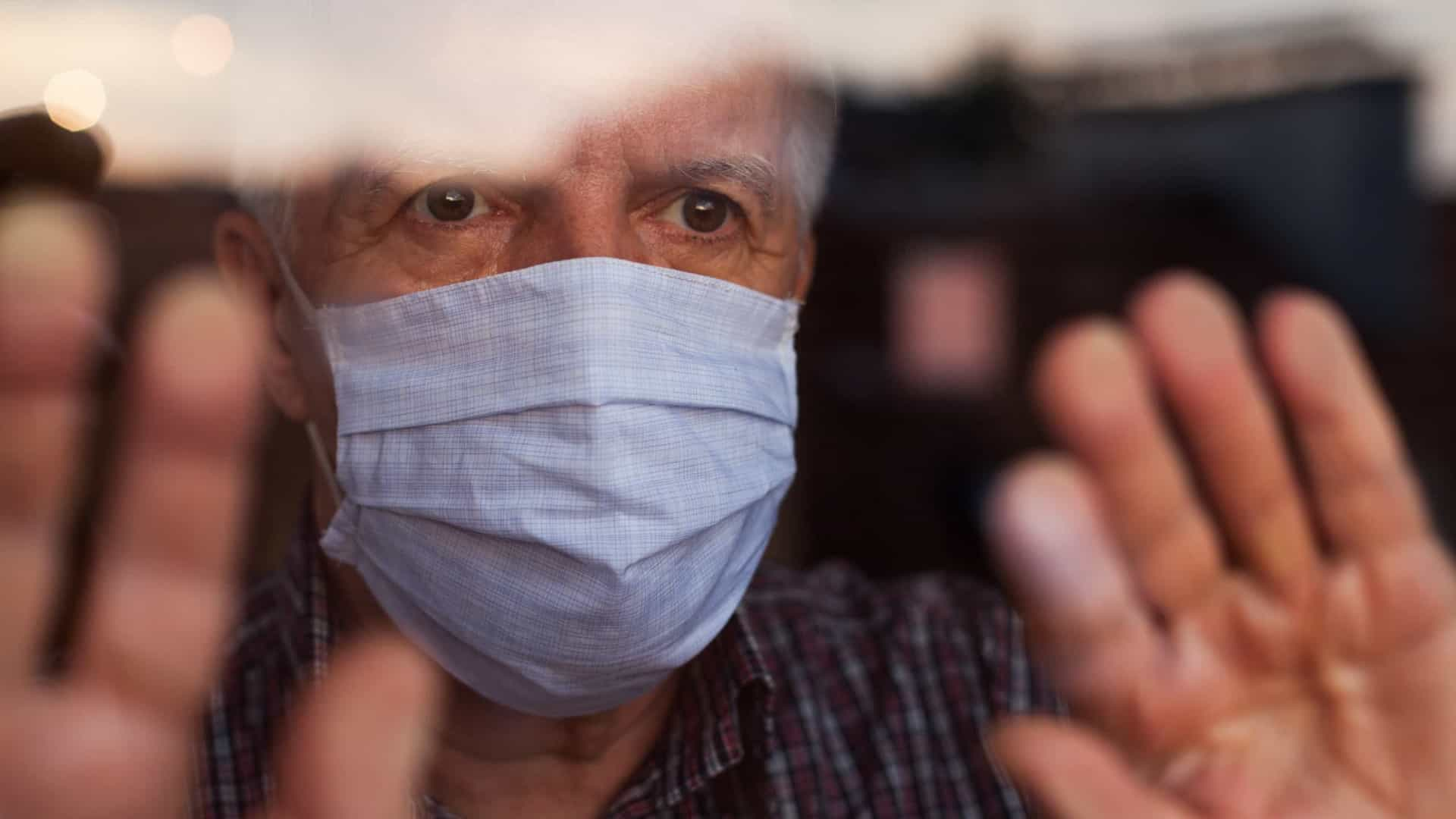RIO DE JANEIRO, BRAZIL – Brazilians are not optimistic about going back to their pre-pandemic routines this year. Global Advisor 2021 Predictions research, conducted by Ipsos since 2012 to examine expectations of citizens worldwide about the new year, pointed out that only 41% of respondents in Brazil believe that life in the country will return to normal after the impact of the novel coronavirus crisis.

The Brazilian projection reflects the widespread global opinion. Of the 31 countries surveyed, the average rate of people who do not believe in a return to normality also stands at 41%.
The nations that most believe that 2021 will be a normal year – different from the 2020 pandemic period – are China (90%), Saudi Arabia (75%) and India (63%). On the other hand, France (16%), the UK (23%) and Japan (26%) are the least optimistic.
Expectations for the new year are marked by the pessimism of virtually all nations. In only three out of 31 countries, over half of respondents believe that the world will change for the better because of the Covid-19 pandemic. They are India (62%), Saudi Arabia (58%) and Peru (51%). In Brazil, only 21% believe that the world will improve in 2021. The global average is 30%.
Moreover, only one in four Brazilians believe that the country’s economy will fully recover from the impact of the health crisis in 2021. The Chinese (92%), Saudis (76%) and Malaysians (61%) are the most hopeful, while the UK and Belgium (both 11%), France (14%) and Canada (15%) are doubtful of an economic rebound. Considering the 31 nations, it is 32%.
For most, protective care should not be maintained
One of the practices that 2020 introduced for the majority of Brazilian and world citizens was the wearing of masks in order to prevent infection by the novel coronavirus. However, according to Brazilians, the practice should not be maintained in 2021. Less than half of local respondents (45%) believe that people will continue to wear masks in public places a year from now. Taking all nations into account, it is 61%.
The highest rates of support for masks in public places were found in eastern countries: Malaysia (86%), Japan (83%) and China (81%). In contrast, Sweden (18%), New Zealand (30%) and Australia (37%) should not turn this into a recurring practice in the future.
Although support for mask wearing in 2021 is not high, a significant number of people believe that the year may bring yet another global health crisis. In Brazil, 46% believe there will be another global pandemic caused by a new virus. The average among all countries is 47%.
Expectation of vaccine against Covid-19 remains high
Since the pandemic hit the planet in mid-March 2020, there is expectation that a vaccine will be developed to curb the disease. For 2021, the population’s hope for effective vaccination remains high. Among respondents in Brazil, 73% believe that a successful vaccine against Covid-19 will be developed. The most hopeful are China (92%), Israel and Malaysia (tied at 84%), and Saudi Arabia (80%). In contrast, France (48%), Poland (53%) and Germany (55%) are more skeptical about the development of effective immunization.
Even if expectations materialize and the world will have an effective vaccine against Covid-19 in 2021, part of respondents do not believe that it will be widely available in their countries. In Brazil, 62% are confident that vaccination will be available on a large scale. Worldwide, it is 60%.
The survey was conducted with 15,700 online interviews, with adults aged between 16 and 74 from 31 countries. The data were collected between October 23rd and November 6th, 2020. The error margin for Brazil is 3.5 percentage points plus or minus.

